Maratha quota activist Manoj Jarange has announced his decision to withdraw from the upcoming Maharashtra Assembly Elections, scheduled for this month. Jarange, known for his significant role in the agitation for the Maratha community’s reservation rights, had earlier indicated his intention to contest the elections. His announcement came as a surprise to many in the political landscape of Maharashtra, raising questions about the motivations behind his sudden change of heart.
In a statement, Jarange directed his supporters and candidates to retract their nominations from the electoral contest. This development marks a pivotal moment in the Maratha quota movement, which has been a contentious issue in Maharashtra politics for years. Jarange’s activism has galvanized many within the Maratha community, who have long sought affirmative action in education and government jobs.
The Maratha community, comprising approximately 30% of Maharashtra’s population, has historically felt marginalized, leading to significant social and political movements advocating for their inclusion in reservation policies. The demand for a dedicated quota has sparked widespread protests and demonstrations, and Jarange has emerged as a prominent voice representing these aspirations.
His decision to step back from the electoral race comes after a series of discussions and consultations with his supporters and community leaders. Observers note that the timing of this announcement may be strategic, as it allows Jarange to maintain his influence within the community without the potential risks associated with electoral politics. This move could also be seen as a gesture aimed at unity within the Maratha factions, many of which have been fragmented in their political alignment.
Maharashtra’s political landscape is currently charged, with multiple parties vying for power in the forthcoming elections. The Bharatiya Janata Party (BJP), Shiv Sena, and the Nationalist Congress Party (NCP) are among the key players in this highly competitive environment. Jarange’s withdrawal may alter the dynamics, particularly for candidates who were aligned with his cause.
In the past, Jarange’s activism included a significant hunger strike that brought national attention to the Maratha reservation issue, demanding inclusion in the Other Backward Classes (OBC) category. His efforts led to the Maharashtra government passing legislation in 2018 granting the Maratha community a 16% reservation in education and jobs, although this has faced legal challenges and opposition from other communities.
Following his announcement to withdraw, Jarange expressed a desire to continue advocating for the Maratha cause outside the political arena. He emphasized the importance of focusing on the community’s welfare and uniting various factions to strengthen their collective bargaining power. This sentiment reflects a growing trend among activists who are wary of the political compromises that can come with electoral participation.
Political analysts suggest that Jarange’s decision may also be influenced by the growing realization of the complexities of electoral politics. The interplay of caste dynamics, party affiliations, and voter sentiments in Maharashtra requires careful navigation. By stepping aside, Jarange may be positioning himself as a mediator and leader outside of the direct fray, allowing him to retain influence without the immediate pressures of campaigning.
While Jarange’s supporters have expressed disappointment at his withdrawal, many also recognize the importance of maintaining a focused approach to the Maratha reservation issue. The challenges remain significant, with ongoing legal battles and societal divisions over reservation policies continuing to create friction within Maharashtra.
As the elections draw near, the focus will shift to how the major parties will address the Maratha community’s demands and whether they will incorporate Jarange’s vision into their platforms. The BJP and its allies, particularly, will need to balance their electoral strategies with the expectations of the Maratha population, which has traditionally been a vital voter base.
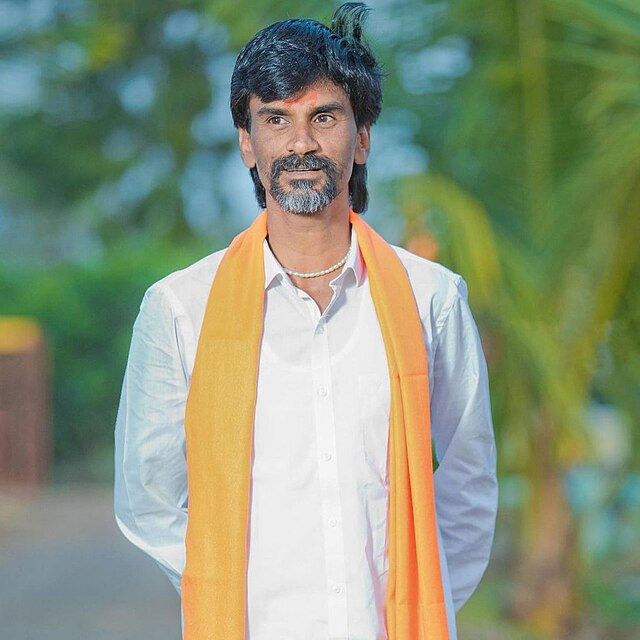
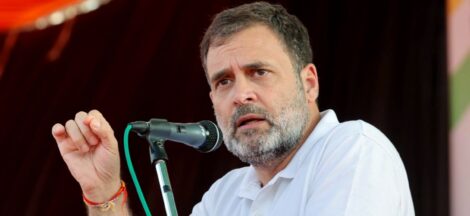
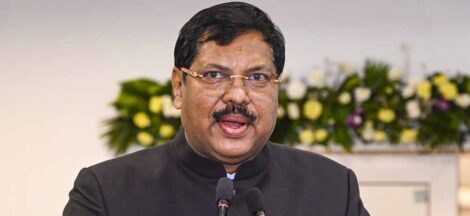
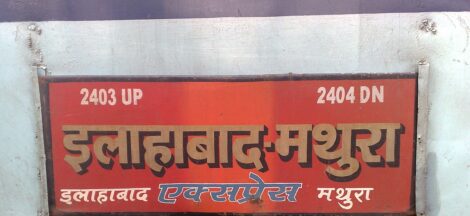
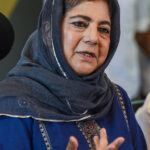 PDP MLA’s Resolution Ignites Turmoil in Jammu and Kashmir Assembly
PDP MLA’s Resolution Ignites Turmoil in Jammu and Kashmir Assembly 